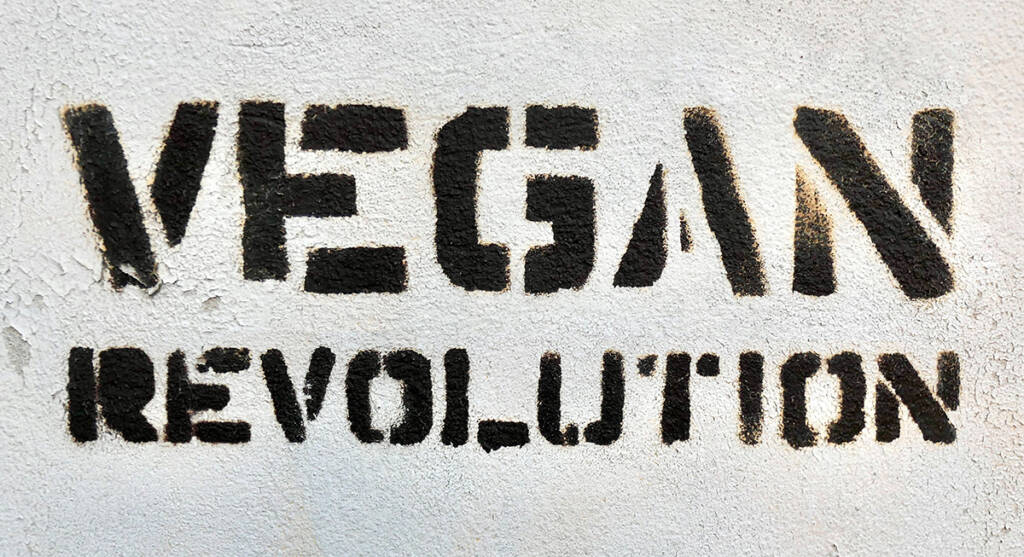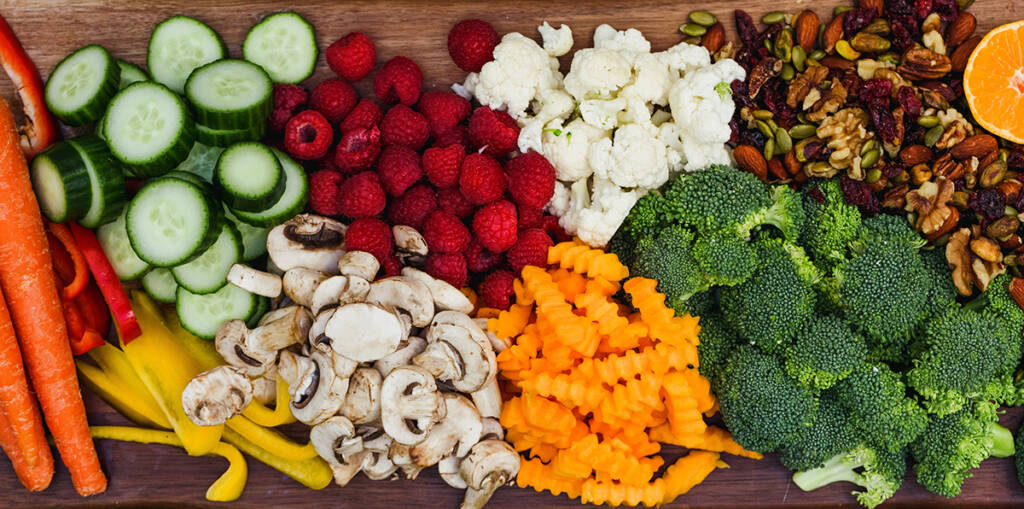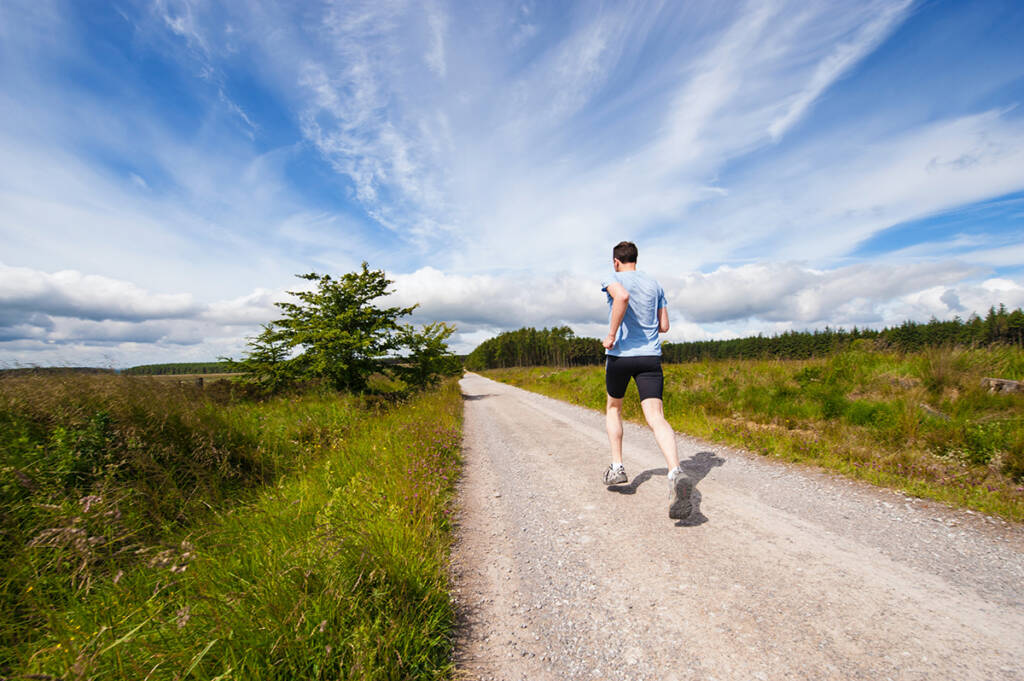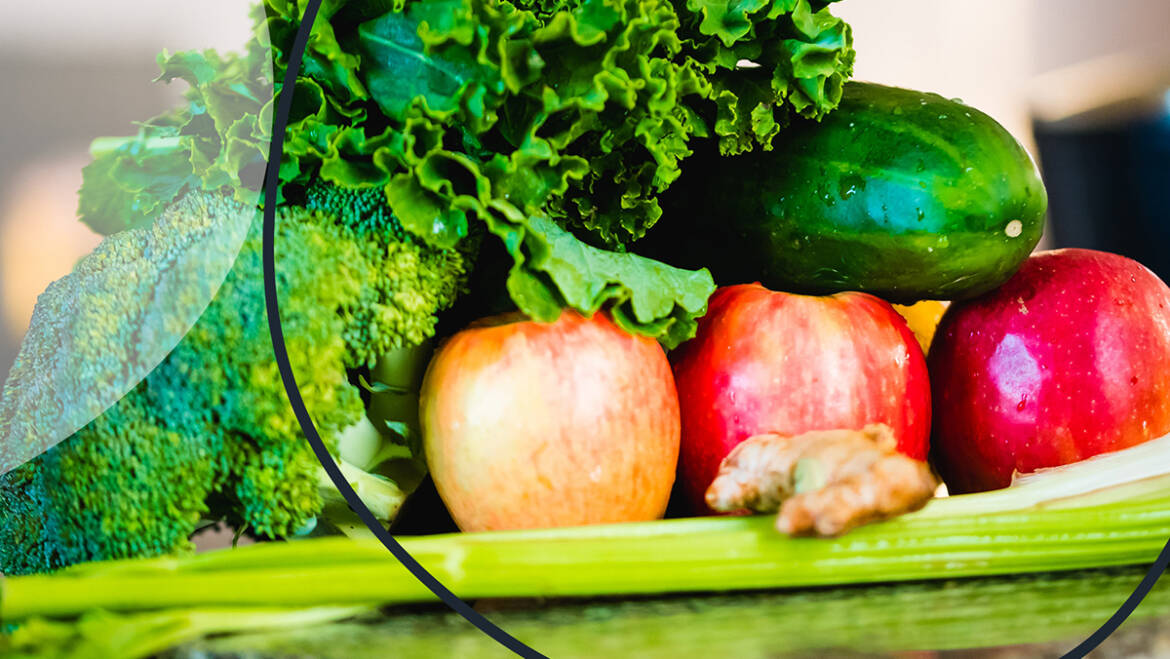Veganuary and Dry January are two popular campaigns that encourage us to make profound changes to our lifestyles at the start of each new year.
Usually after an excess of indulgence at Christmas, lots of us are receptive to the idea of abstinence. We welcome the idea of turning over a new leaf, starting afresh with the aim of becoming a better version of ourselves.

Because of Covid-19, Christmas and New Year festivities just haven’t been the same this year.
We’ve had to eat and drink on our own without the pleasures and excesses of convivial dining with family and friends. However, Veganuary and Dry January remain just as relevant in 2021.
The benefits of Veganuary
Now that we are all becoming more conscious consumers, we are increasingly more mindful of what we eat. We want to know where it’s from, what’s in it, how it was made and what it’s doing to us.
We’re also more willing to cut down on and even cut out products depending on what we find out.
Veganuary offers a one-month taster experience of being vegan, an ethical lifestyle which is firmly against using animal products, and one which is concerned about the environmental impact of animal agriculture.

Why we should give Dry January a try
Meanwhile, Dry January encourages us to look at lifestyle issues that are affecting our wellbeing, given that alcohol consumption contributes to anxiety, low mood and depression.
Ultimately, the aim is to inspire a behavioural change following a successful month of abstinence. Participants say they experience improved concentration and sleep, reduced cholesterol and weight loss.

Both Veganuary and Dry January are about making us more responsible for our own health, and exercising this through our choices of food and drink.
So, on ethical grounds as well as for health reasons, these two initiatives resonate strongly with conscious consumers, helping them feel more in control of their choices.
Taking care of our health this winter
Meanwhile, it’s well-known that winter provides favourable conditions for flu outbreaks. It may be because we’re spending more time cooped up together indoors, or because there is less ultra-violet radiation around to kill the virus.
It could be because cold temperatures dehydrate our mucous membranes, preventing our bodies from defending against respiratory virus infections. Whatever the cause, lots of us will experience a bout of flu during the winter months.

One way to keep a step ahead of infection is by using healthy food as a preventative medicine, harnessing its innate immunity-strengthening properties to our advantage.
Eating a diet high in fruits and vegetables conveys considerable health benefits, particularly as we get older. A vitamin C deficiency results in a reduced resistance against certain pathogens, whilst a higher supply enhances several immune system parameters.
However, given the complexity of the immunity system, it’s important to eat healthily in conjunction with other measures such as taking exercise and drinking in moderation.
A newcomer to the new year traditions
The latest addition to the new year campaigns is RED January, where RED stands for Run Every Day. Unlike Veganuary and Dry January, RED January is a community initiative that encourages people to support their mental health by doing something active every day of the month.
The aim is to raise funds and kick-start the new year in a positive fashion. RED’s mission is to raise awareness of mental health problems such as depression, by promoting the positive impact that exercise can have on happiness and wellbeing.

It also encourages people to carry on these healthy habits for the rest of the year.
Veganuary, Dry January and RED January are all about promoting long-term lifestyle changes. And they are certainly worth a try, if only to help us get through winter with our physical and mental health intact.
But this year it’s not just seasonal flu and winter blues but also covid-19 that we have to contend with. Whether we try going vegan eating a diet high in fruits and vegetables, opt for Dry January giving up alcohol or take up the challenge of regular exercise, all three approaches provide us healthy ways to strengthen our immune system and boost our body’s natural defenses.
In this way actively reducing our vulnerability to the serious life threatening effects this terrible virus has been leaving behind.
Photos above by Jon Tyson, Nathan Dumlao, Bekky Bekks, K15 Photos, Manki Kim and Jenny Hill on Unsplash


Add Comment